
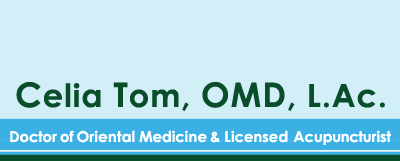
 |
 |
 |
Herbal Medicine
Herbal Medicine, Diet and Nutrition
Herbal Medicine is an integral component of Chinese medicine. It is also one of the oldest and most popular forms of health care. Chinese herbology is quite sophisticated and highly developed.
The first line of herbal medicine is food. Only when food is insufficient to help us heal do we seek help from herbs. This topic will be covered more fully in issues of my Newsletter.
In my practice, herbal prescriptions may be given in conjunction with acupuncture if the situation indicates it. Not all patients get an herbal prescription. These prescriptions come in the form of prepared pills, capsules, powders or raw herbs that have to be brewed.
Besides addressing a variety of symptoms, the herbal prescriptions aim to treat the root cause of the illness. They strengthen the body's various organ systems, promote and hasten natural healing. They restore and maintain vigorous health. They produce good long term results.
Chinese herbal medicine uses a plant's roots, stem, bark, leaves, seeds, berries, flowers, etc for medicinal purposes. Herbs and botanicals have been used in China since the Stone Age. Today, Chinese herbology is a highly developed system that is used to treat a wide range of health problems.
In the herbal classics, herbs are categorized into three groups. Two of these groups are considered medicinal herbs. They address specific symptoms, health problems and imbalances. They are prescribed to each patient as a personal formula based of the needs of the patient. It is used to treat the patient, not the disease. Another person may have similar symptoms and may have the same western medical diagnosis, but may receive a completely different herbal prescription.
You will never be given any herbs that may be in conflict with your pharmaceutical medication.
The remaining group of herbs is seen as "food herbs". They are eaten as part of one's diet for the maintenance and strengthening of one's health so that illness may be prevented. It is recommended that they be eaten on a daily basis. Many Chinese families include these herbs in the preparation of their soups which accompany meals. Thus, health is maintained and medicine is not taken only when one is ill.
In California, acupuncturists are the only licensed health care professionals who are required to be trained and tested for competency in prescribing herbal medicine. Chinese herbal medicine has been practiced safely and effectively for centuries and has the greatest potential for beneficial results when prescribed by a trained professional who takes into consideration all the aspects of a patient's health. Herbals, when self-prescribed or recommended by untrained persons, have the potential to be ineffective and their misuse can result in injury. That which is powerful enough to help is powerful enough to harm if used incorrectly.
Diet and Nutrition & Lifestyle Counseling
“Food is the first line of medicine, only when food therapy is not sufficient will herbs be used” -Chinese Medical Teachings.
“Food is your best medicine” -Hippocrates
You may be given dietary and life style advise based on your body’s needs to optimize your health.
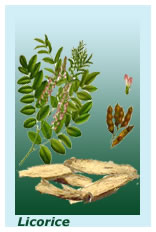
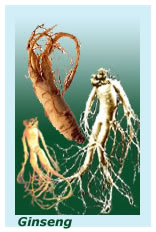
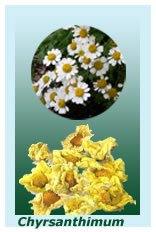
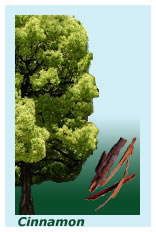
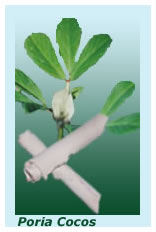
©2008 Dr. Celia Tom, OMD, L. Ac.
Website by SpinBoxArt.com